Putting one’s foot into one’s mouth might seem like an impossible feat of contortion requiring complex manoeuvring skills. How and when the author, Sudha Mahalingam, acquired and honed these enviable skills is of less interest than the fact that she has managed to deploy them time and time again, during her peregrinations through sixty-five countries in the past quarter of a century. And the consequences have ranged from the embarrassing to the confounding, the costly to the inconvenient, and occasionally, to the downright dangerous.
Punctuating her droll stories with breathtaking descriptions and stunning photographs in her book, The Travel Gods Must Be Crazy, Sudha invites readers on an unexpected and altogether memorable tour around the world!
Here are some whacky experiences that defined Sudha Mahalingam’s journeys:
When Sudha found herself locked all alone on top of a minaret, in Yazd
“When I find my way down the spiral staircase, the heavily carved wooden door is shut and seems to be padlocked from outside. I start shouting and pounding on the door hoping someone is still outside. There is no response. Only a sinister silence. Panic begins to well up in me. The prospect of spending the night on the ledge of the minaret under a starry sky may sound romantic in retrospect, but I was terrified. Besides, it was getting chilly too.”
∼
When an AK-47 was pointed at her son, in Israel
“We see a CCTV camera above our heads just outside the fortified gate. The voice belongs to Israeli security and she is actually yelling at my eighteen-year-old son, asking him to take off his cap so that she can see his face. But even after he does that, she is not satisfied. ‘Where are you from and what is your business?’ calls out the disembodied voice. Terrified, I reply meekly. ‘We are from India.’ She is not satisfied. She barks again, asking us to hold out the first page of our passports to the CCTV camera. Which we do with alacrity just in case the finger on the trigger of the AK-47 on the rafter above got a bit itchy! And troop out hastily when the gate opens, thoroughly shaken, to mingle and disappear into the crowds on the Israeli side of the fence.”
∼
When hygiene and the call-of-nature were at loggerheads, on Irrawaddy River
“The journey takes all of twelve languorous hours during which you loosen up completely. The only thing that is tightly wound up is your bladder, swelling to capacity and threatening to burst. The two toilets on the deck can put skunks to shame; they dare you to approach them, and naturally, you dare not.”
∼
When she slept at a railway platform, in Rome
“Around midnight, I am rudely woken by a few limbs tripping over me. There is a mad rush for the station gates as the limbs and backpacks reassemble and head out in haste. Roma Termini closes at midnight and everyone is shooed out. I too stumble my way out of the station and am promptly mobbed by waiting tout with offers of beds for the night. The rate starts at €120 for a night—depends on your level of desperation.”
∼
When she travelled with a king cobra
“We are travelling with a live, 11-foot-long king cobra, rudely interrupted in its quest for a mate. The bag in which it is coiled up is made of cotton cloth and nothing more. Its fangs can easily reach out to lacerate and inject its infamous venom into any limb that strays close enough.”
∼
When she was the only vegetarian at a dinner table, in Beijing
“My Chinese neighbour expertly plunges his chopsticks and delicately picks out some gooey squid and stuffs it into his mouth without spilling a drop. Then he uses the same chopsticks to pick up the bok choy and the lotus stem one after the other. So do the others, all of whom seem to be enjoying their meal immensely even as I sit holding my breath to escape the unfamiliar aroma wafting from the dishes. The tips of their chopsticks plunge alternately into the fish, meat and the vegetables with equal ease. This is interspersed with shouts of ‘ganbay!’ as the diners tip tiny glasses of rice wine to wash down the meal. No one even notices that I am the only one not eating.”
Get your copy of The Travel Gods Must Be Crazy today!








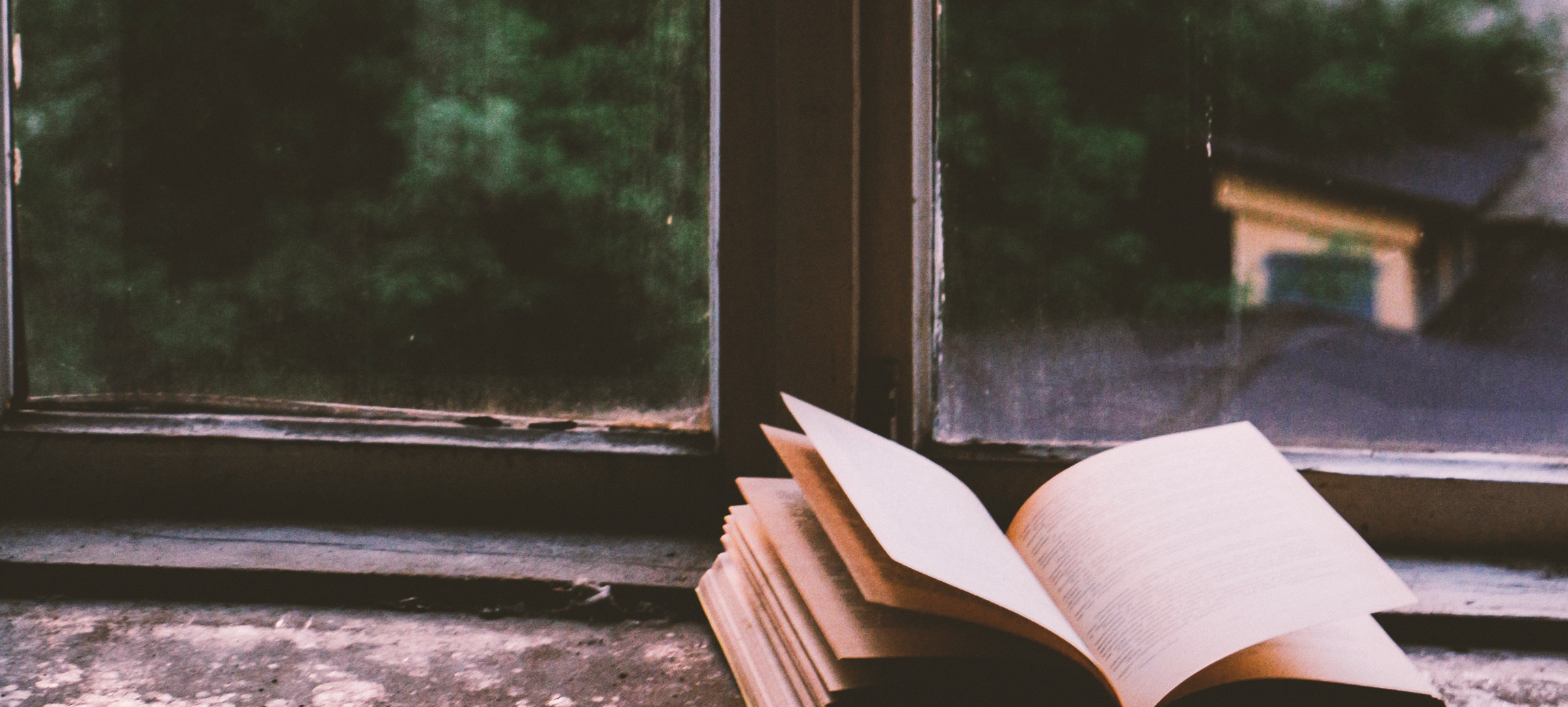

















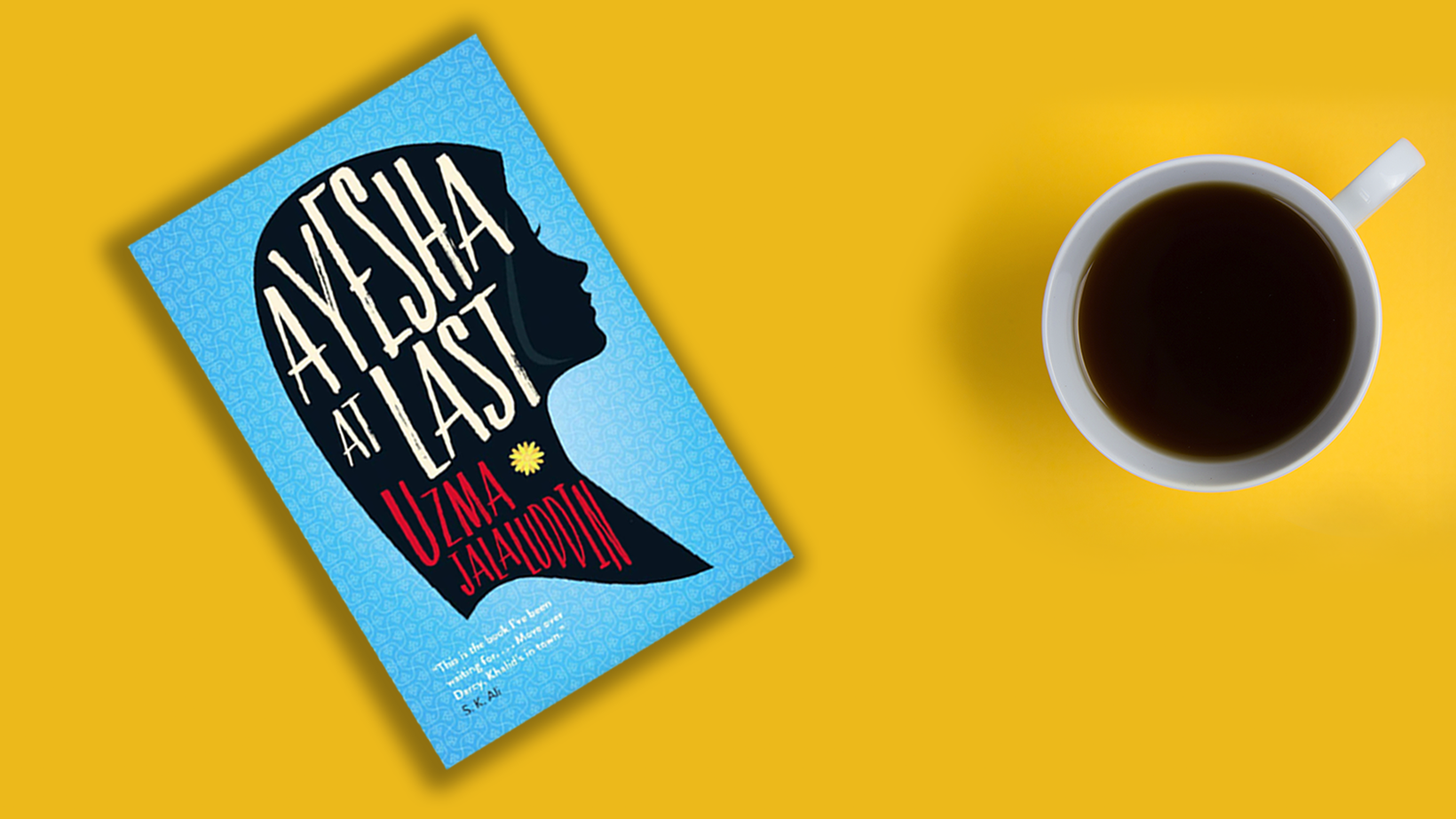
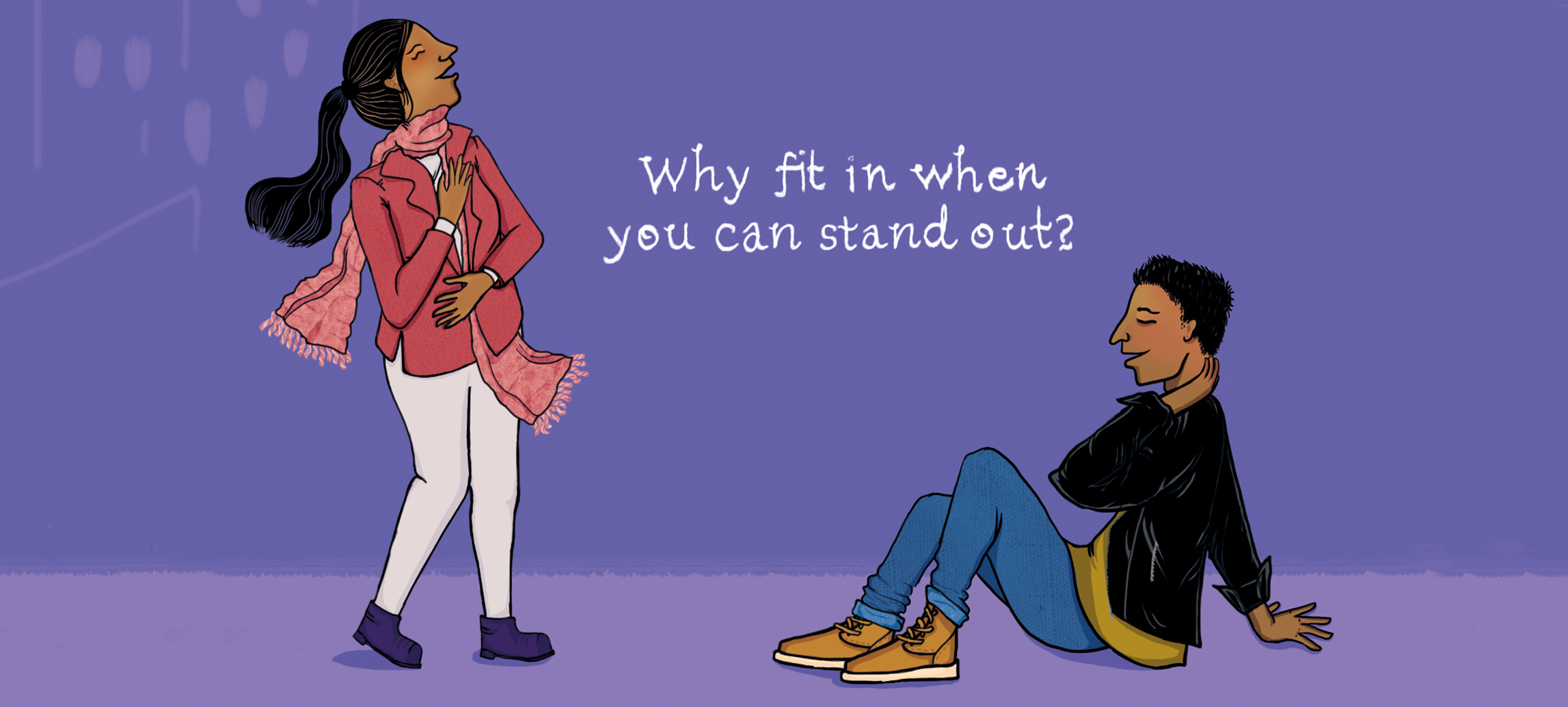
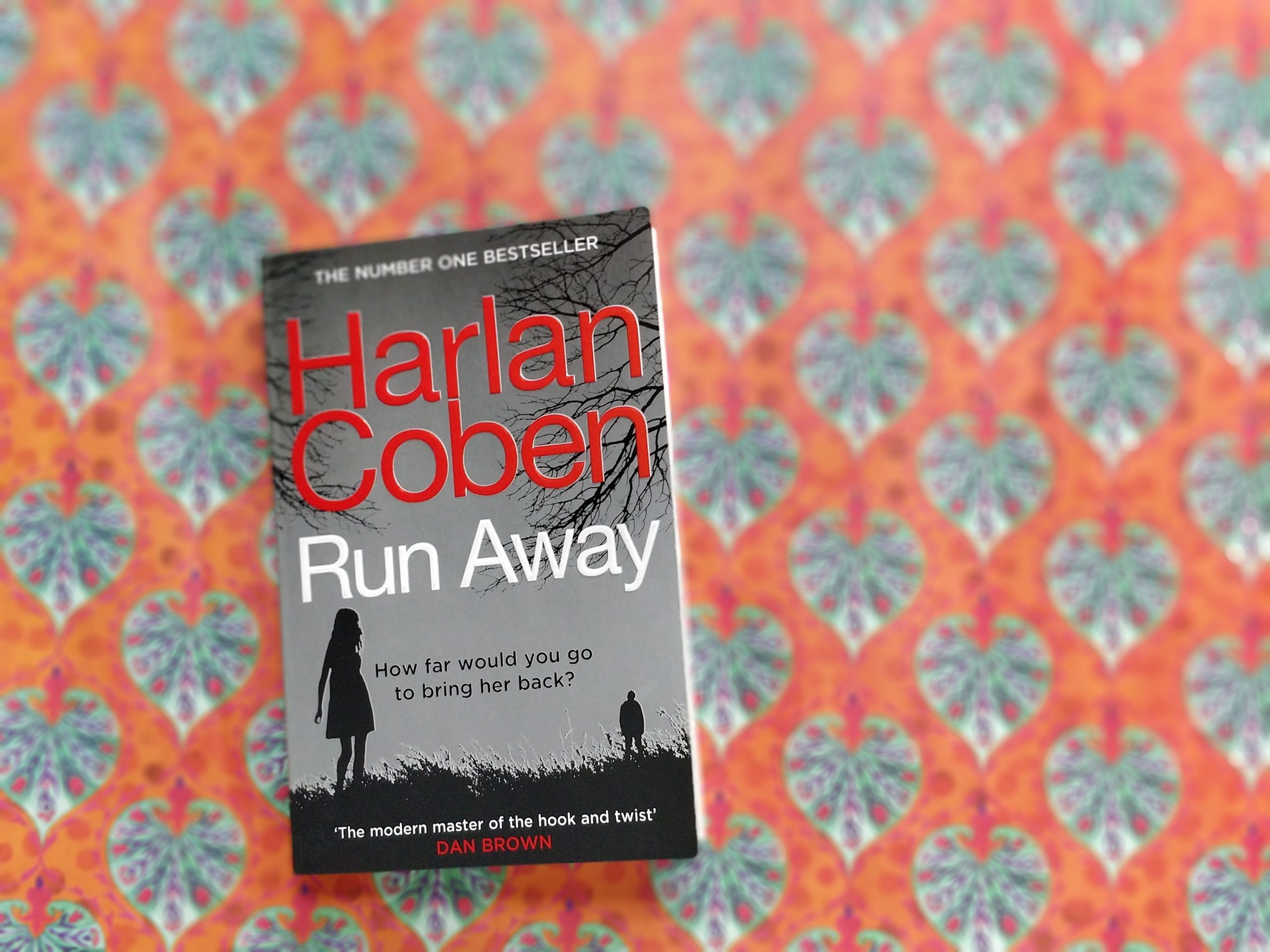
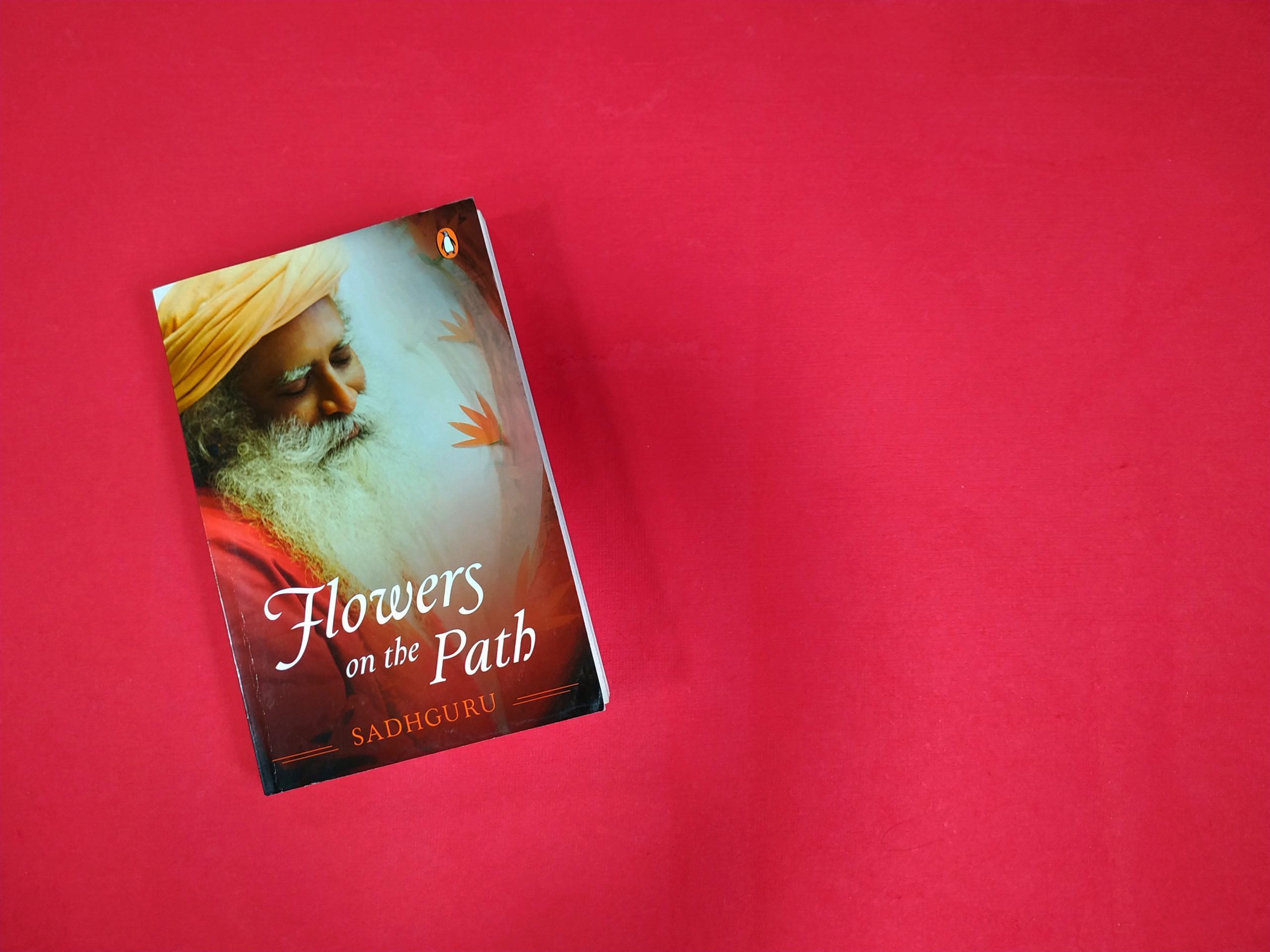








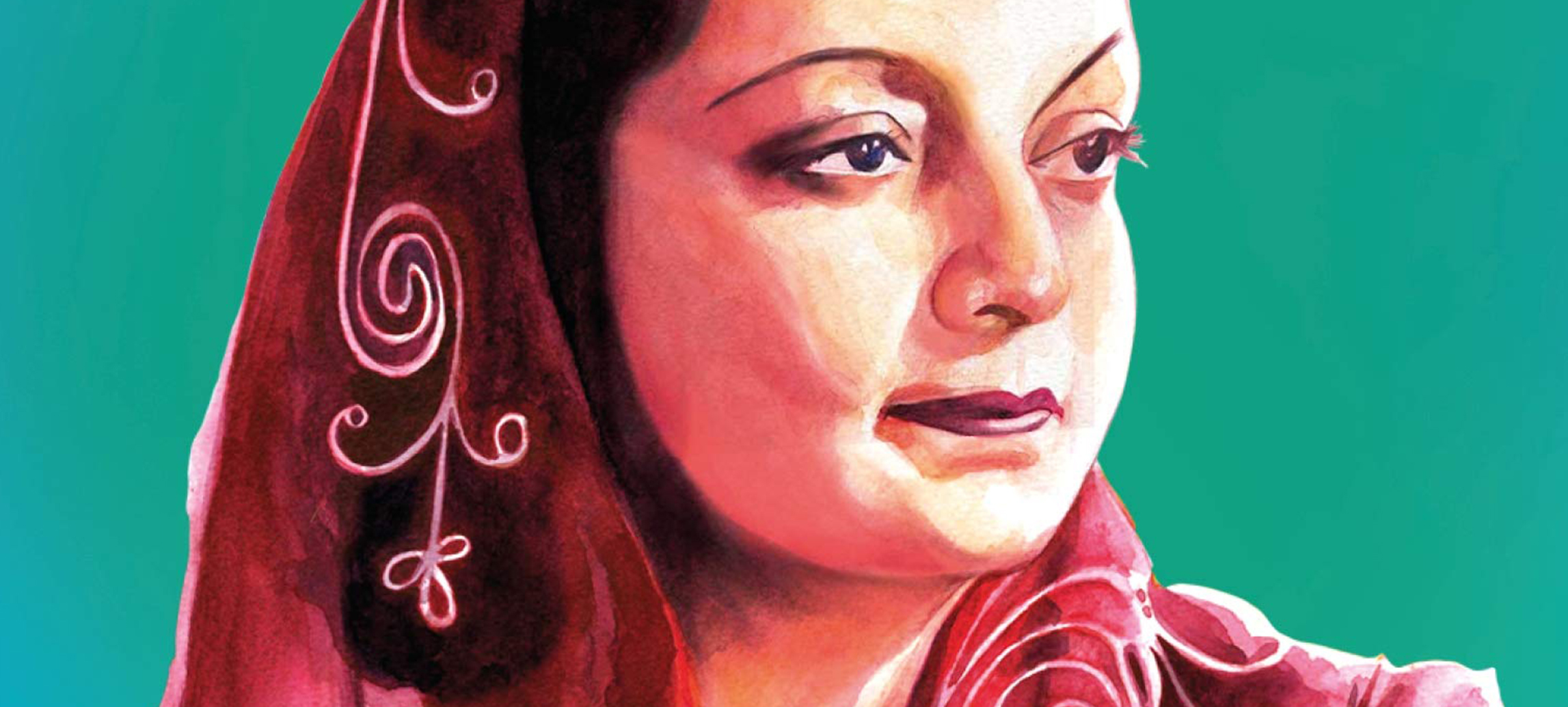














 Trees are storehouses of the complex origins and histories of city growth, coming as they do from different parts of the world, brought in by various local and colonial rulers. From the tree planted by Sarojini Naidu at Dehradun’s clock tower to those planted by Sher Shah Suri and Jahangir on Grand Trunk Road, trees in India have served, above all, as memory keepers. They are our roots: their trunks our pillars, their bark our texture, and their branches our shade. Trees are nature’s own museums.
Trees are storehouses of the complex origins and histories of city growth, coming as they do from different parts of the world, brought in by various local and colonial rulers. From the tree planted by Sarojini Naidu at Dehradun’s clock tower to those planted by Sher Shah Suri and Jahangir on Grand Trunk Road, trees in India have served, above all, as memory keepers. They are our roots: their trunks our pillars, their bark our texture, and their branches our shade. Trees are nature’s own museums.

